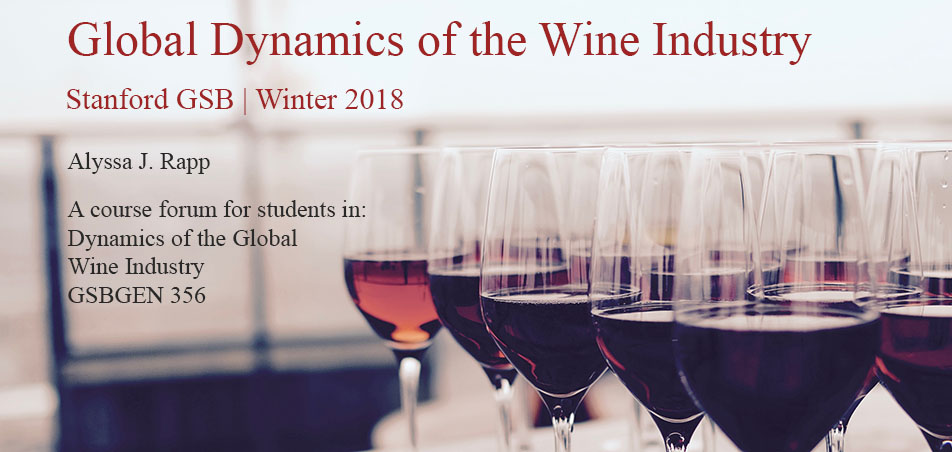Who wants a replica...
Our discussion in class last week as to whether the
Rothschild organisation should expand their presence in Bordeaux and, in so
doing, become even more inextricably linked with this celebrated region, put me
in mind of the time I myself in that beautiful part of the world last summer. While
I did not, unfortunately, spend my three days in Bordeaux drinking solely Chateau
Lafite (#studenteconomies), my experience there was a stark reminder of just how
much this region has to offer and precisely why the Bordeaux “brand” commands
such gravitas globally. In Bordeaux you have a unique combination of history,
culture, gastronomic traditions as well
as wine. So, while other wine regions throughout the world can try as hard
as they like to emulate the “wine piece” of that equation by boasting of sympathetic
terrains and climates or superior methodologies that culminate in their own “Bordeaux
blends”, they are still slightly off the mark. Bordeaux has a history which
cannot be recreated, emulated or aped. This is a place where you can go on wine
biking tours around a city named by former French kings the “the Pearl of Aquitaine”
and pass by Gallo-Roman ampitheatres, thirteenth century clock-tours, proud
imperial palaces while stopping off at countless wine shops and bistros for tastings
along the way. This is a region where tour group “day trips to wine country”
involve exploring turret-laded wine-making chateaux, all of which have their
own 300 years of history as well as the vineyard out back. A place where you
taste wines in majestic 17th century dining rooms, or anterooms, or
reception rooms, surrounded by ancient heirlooms while talking about terroir (/pretending
you can denote hints of cherry/strawberry/pepper/tar --- delete as appropriate).
Wine is a vehicle to all of this and tastes all the better for not being drunk
in purpose-built tasting rooms, which feel at best commercial and at worst clinical
because, by very nature, there is nothing else to experience or imbibe in them other
than, well, wine.
That for me the magic of wine-drinking goes hand in hand with
the opportunity it affords to drink in the history, culture and environment
that surrounds it particularly struck me on a recent trip to Sonoma where I
visited a couple of wineries, one of which was Rhine varietal in its specialty
and another of which was of an Italian tilt. As I perused the store of the
latter haunt, scanning the overpriced Italian olive oil range that had somehow
found itself in the middle of Californian wine country, I just couldn’t be
enchanted by a vineyard that was defining itself as, essentially, a would-be replica
of the original model found elsewhere. By extension, why as a seemingly-coveted-by-every-wine-region
Chinese consumer I would buy a Californian-produced Bordeaux blend as opposed
to the real deal, isn’t necessarily clear to me. Why I would cross the world to
visit Rothschild’s Opus One, and find myself in a region where any restaurant that
serves food with actual taste requires you to book a year in advance (unless
you’re Alyssa and have the French Laundry tricks of the trade up your sleeve J ) – as opposed to sipping
my way around the turreted chateaux of the Left and Right Bank and witnessing 6th
century monasteries in St Emilion before returning to a regal city burgeoning
with delicacies in every street side “cave” from foie gras to cannelle – again,
isn’t that intuitive. Without, therefore, any more profound an insight than the
innate belief that when you are drinking a glass of Bordeaux you are also drinking
in an irreplicable history and rich culture, my own one-quarter-into-an-MBA-with-no-prior-experience-in-any-industry-of-use
strategic analysis leads me to conclude that “doubling-down” in Bordeaux is,
indeed, the way to play for la famille Rothschild (no doubt they’ll be just thrilled
to have my stamp of approval...).
PS – should anyone want to read even more of my profound
insights a propos Bordeaux, feel free to peruse my purpose-void blog
(#cross-selling).

No comments:
Post a Comment